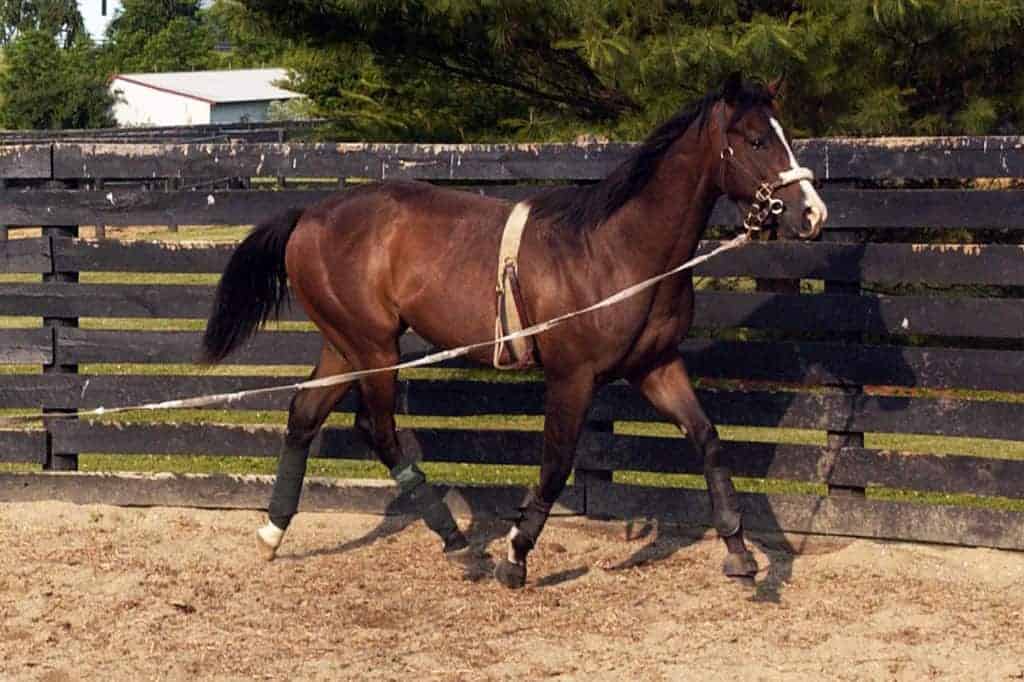
Feeding the Young Horse in Training
Young horses in work have different nutritional needs than their adult counterparts.
Proper feeding practices for foals, adult horses, and older horses

Young horses in work have different nutritional needs than their adult counterparts.
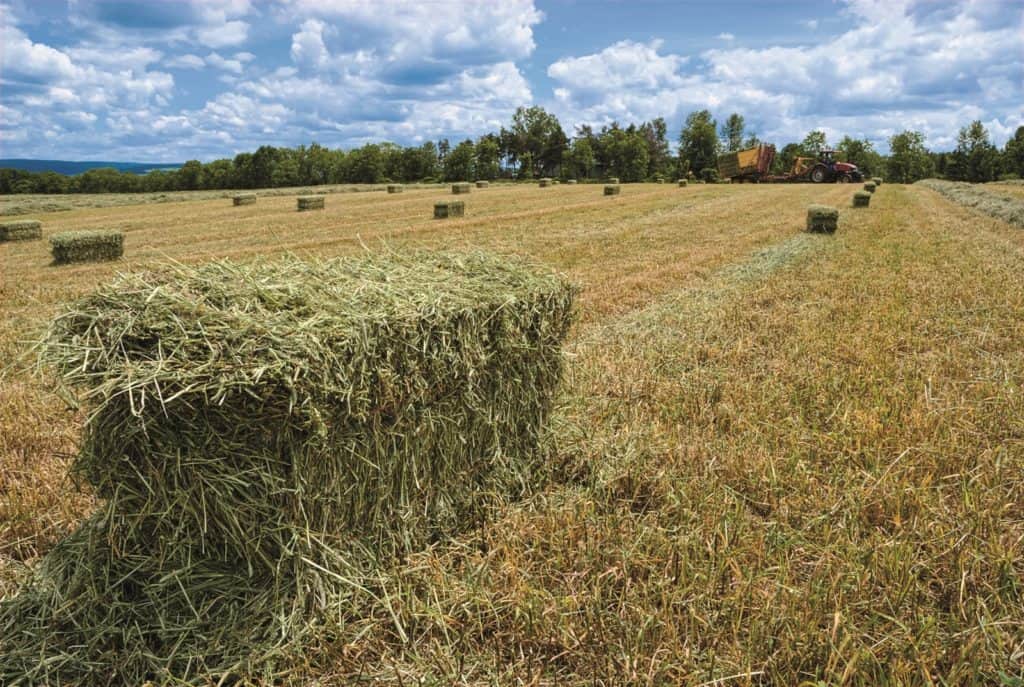
Demand is soaring for hay among horse owners due to the drought’s effects.

6 tips for stocking up on winter hay for horses when it is hard to find.
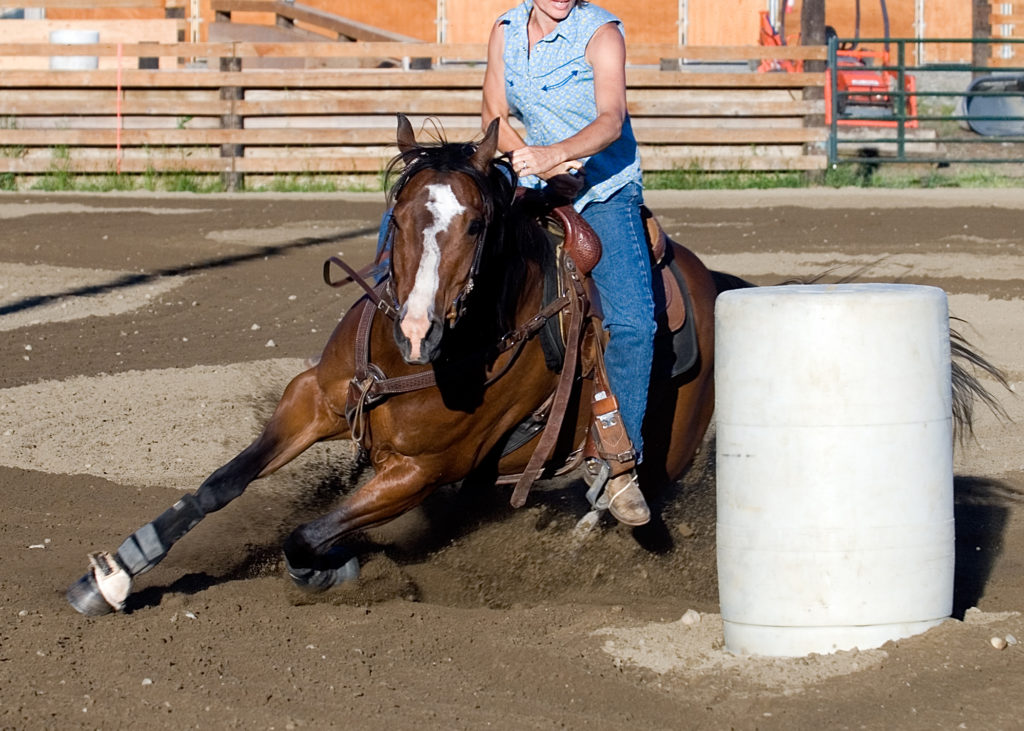
How do you build a nutritional program that supports your high-intensity equine athlete? Three experts share their advice.

Equine athletes have nutritional needs specific to their discipline, workload, and lifestyle. Here’s a closer look at the subtleties of performance horse diets.
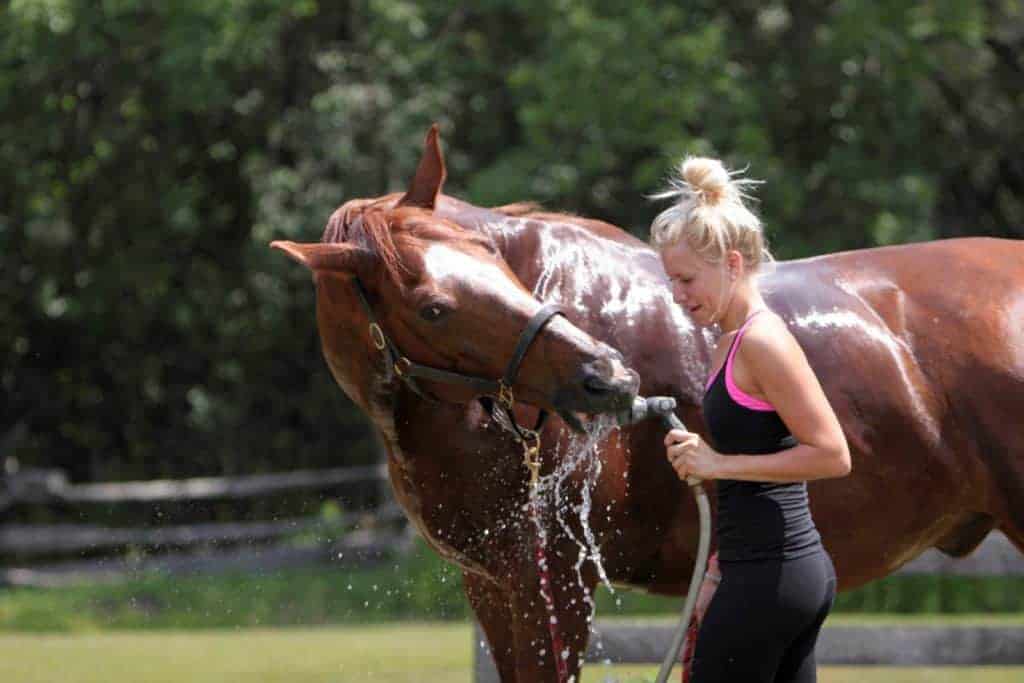
As tough as steamy summers can be on humans, they can be even harder on horses. Two veterinarians share tips on how to help your horse beat the heat this summer.

Learn about the importation process and how your horse will eat during quarantine before entering the United States.

Discover why supportive care and dietary management are paramount for positive outcomes in acute colitis cases.

Learn how fluid therapy enhances horses’ recovery from life-threatening diseases by correcting dehydration and shock.

Researchers found high concentrations of Sarcina, a bacterium associated with poor gastric emptying, in horses’ glandular lesions.
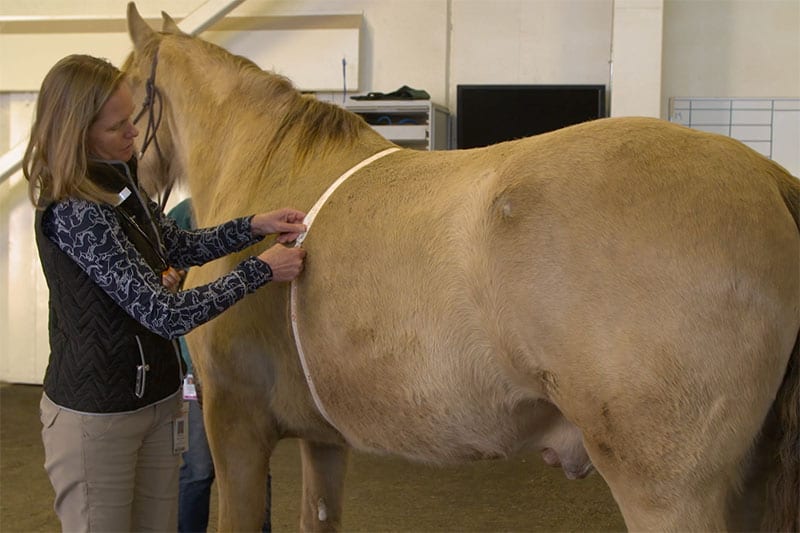
A careful approach to nutrition and exercise can help you keep your horse at an ideal weight.

Feeding hard-working endurance horses is as much art as it is science. Our sources walk you through an endurance horse’s diet, from conditioning to post-race.
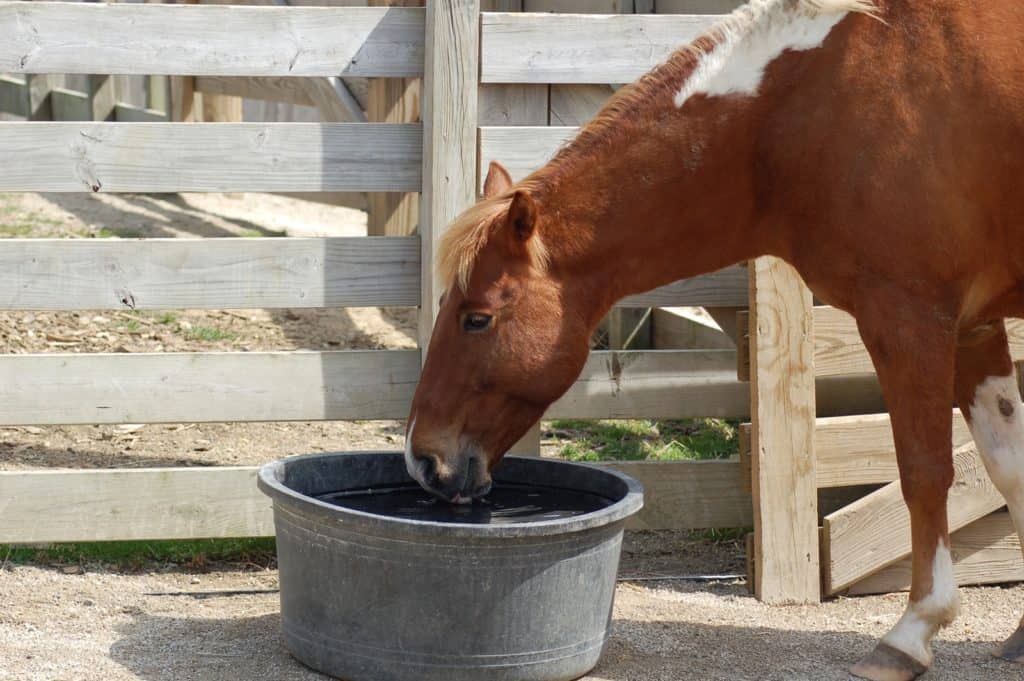
Water and electrolytes are key to minimizing heat stress and dehydration, and continuous application of 60-78.8 F water is best for cooling.

Keep the horse’s microbiome healthy by mimicking the lifestyle maintained by wild horses.

What causes free fecal water syndrome in horses and how diet plays a part.

Dr. Steve Higgins of the University of Kentucky optimizes daily barn tasks for efficiency, cost savings, and environmental soundness.
Stay on top of the most recent Horse Health news with
"*" indicates required fields